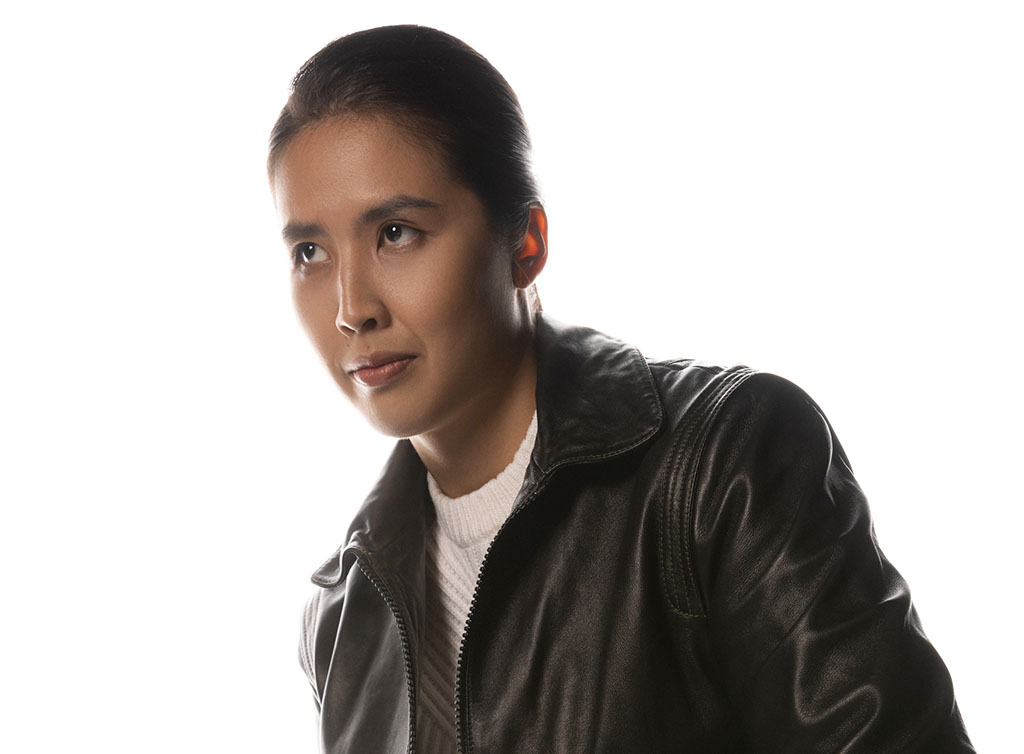Can I start by asking you to introduce yourself and the conference? What is its overall purpose?
Good day! I’m Janet, the director of TNA Entertainment, a company involved in film production, music, theatre, events, and anything that will help to bring more joy, creativity, and meaning into our world. The International Conference on the Historical & Cultural Heritage in Artistic Adaptation will gather creators and scholars together to discuss and share information about how culture, history, and the arts help to drive humanity’s development alongside the more sophisticated drivers such as technology and science. The conference is intended to encourage deep thought and consideration about the impact of people’s actions and how they’ll shape their futures, consistent with the understanding that who we are will invariably be influenced by the international disciplines of history, culture, and art. It’s edutainment in the most novel manner possible.
What was the inspiration for the initiative?
I’ve had so many questions about why an entertainment company is hosting an educational conference. This may sound counterintuitive as most of the time people are trying to put the fun in education, but here we’re trying to put the education in fun!
However the initiative came about because we are in the process of developing a historical fantasy film based on two Vietnamese She-Kings, and on this journey, we encountered a significant identity crisis from a geographical perspective about how we create a film containing historical essence without first having any historical material.
Please tell us more about that
The Vietnamese environment presents an interesting and often perplexing dynamic, that happens when there’s a significant absence of historical records, conflicting documentation, or missing bodies of art essential to an art piece production to provide any historical records for consultation. This is what we faced while trying to develop this epic fantasy film.
Whereas other cultures have lots of reference documents to help build the film, a particular challenge we faced was having to first research the research and then build it out brick by brick. This brought us to connect with a lot of people who experienced the same issues, and from there thoughts and ideas just sort of gathered and melded. So, our challenge became the opportunity for the conference, and it’s why we chose this to be our first conference theme and how we found our partners.
Have other filmmakers elsewhere faced similar challenges, and are there prevailing rules or practices to help address it?
The concept of balancing history and culture inside films is still quite novel in terms of a science discipline, having only first garnered attention during the 1970s. There are still discussions today about what constitutes acceptable historical portrayal in a film. Successful films, however, will often then become a historical icon of a particular culture after a certain period of time, which contributes to the enrichment of that culture. That’s great because then there are more documents and records to refine that history further.
Is the conference limited to submissions from Vietnam, or do you encourage international entrants as well?
It’s by no means an isolated event limited to Vietnam, and we encourage everyone to participate. We’ve all got our own special cultures and unique histories that we share and enjoy together during our once-in-a-lifetime existence on this same planet to contribute towards our future.
What will be the process and criteria for submission and review? What will the judges be looking for?
This year’s submissions will largely be in response to invitations extended to individual nominees selected by the conference organizers. The specific criteria for the submissions in terms of structure, length, and referencing requirements are all listed on the event website. The judging itself will involve double-blind peer reviews by a curated panel of local and international scholars before the presentation of the final selections during the conference itself.
So this is the first time it’s been organized. Can you give us an idea of what to expect?
Oh, it’s a conference to live for! What I can say is that attendees will have the fun of their lives discussing and debating and doing fascinating research while enjoying lovely October weather in beautiful Quy Nhon at a world-class conference center located next to a beach. And you can expect show-stopping cultural performances that will truly flaunt our ancient culture. The conference agenda can be found on the event website.
Will this be an annual event? What are the long-term goals?
It would spoil the surprise if I told you now (laughs), although we certainly hope to turn it into an annual event. Culture, history and the arts can too easily fade into the background of their more subtle nature as a discipline compared to the hard-end flash bangs of technology and science. Even art embraces and loves these innovations, but where that technology heads and how it will be used in the future is very much a reflection of our history, culture, and art.
Will there be any cost to attend?
There’s no cost to attend the conference but registration is required as attendance is limited to 300 participants.
| Organized by TNA Entertainment and the International Centre for Interdisciplinary Science & Education (ICISE) in partnership with UNESCO and Rencontres du Vietnam, the International Conference on the Historical & Cultural Heritage in Artistic Adaptations takes place from 27-29 October 2022 in Quy Nhon, Vietnam. Additional information about the event can be found at www.ichchaa.org
|
